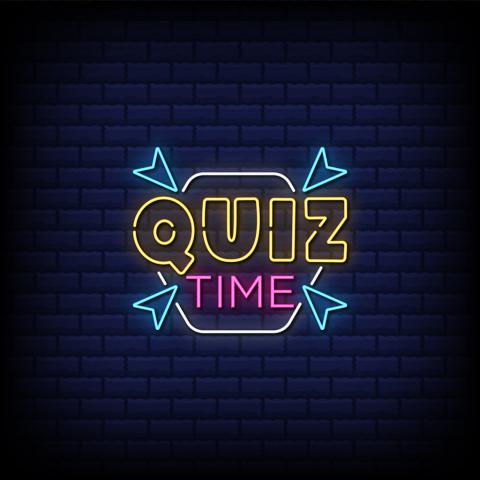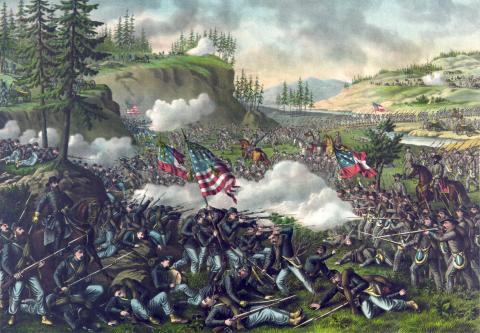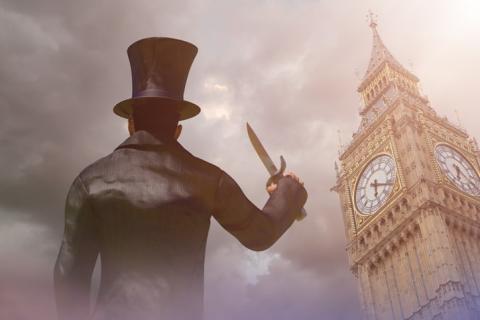African American Quotations Quiz
Who said:
"It is a peculiar sensation, this double-consciousness, this sense of always looking at one's self through the eyes of others. . . . One ever feels his twoness — an American, a Negro; two souls, two thoughts, two unreconciled strivings; two warrings ideals in one dark body, whose dogged strength alone keeps it from being torn asunder."- W.E.B. Du Bois from "The Souls of Black Folk" (1903).
Which musician said this, when asked to define jazz:
"Man, if you gotta ask you'll never know."- This was Louis Armstrong's response to a fan's question about what jazz was.
Who said:
"I am America. I am the part you won't recognize. But get used to me. Black, confident, cocky; my name, not yours; my religion, not yours; my goals, my own; get used to me."- Muhammad Ali, in his book "The Greatest" (1975).
Who said:
"We know through painful experience that freedom is never voluntarily given by the oppressor; it must be demanded by the oppressed. Frankly, I have never yet engaged in a direct action movement that was ’well timed,’ according to the timetable of those who have not suffered unduly from the disease of segregation. For years now I have heard the words [sic] ’Wait!’ It rings in the ear of every Negro with a piercing familiarity. This ’Wait’ has almost always meant ’Never.’ We must come to see with the distinguished jurist of yesterday that 'justice too long delayed is justice denied.’"- Martin Luther King, "Letter from Birmingham Jail", April 16, 1963.
Who said:
‘’We, the people.’ It is a very eloquent beginning. But when that document [the Preamble to the US Constitution] was completed on the seventeenth of September in 1787 I was not included in that ’We, the people.’ I felt somehow for many years that George Washington and Alexander Hamilton, just left me out by mistake. But through the process of amendment, interpretation and court decision I have finally been included in ’We, the people.’"- Barbara C. Jordan in a statement made before the House Committee on the Judiciary, July 25, 1974.
Who said:
"The day that the black man takes an uncompromising step and realizes that he's within his rights, when his own freedom is being jeopardized, to use any means necessary to bring about his freedom or put a halt to that injustice, I don't think he'll be by himself."- Malcolm X, Oxford Union Society debate, December 3, 1964.
Who said:
"All my life I've been sick and tired. Now I'm sick and tired of being sick and tired."- Fannie Lou Hamer, during a 1964 interview when she was running for Congress.
Who said:
"You're either part of the solution or part of the problem."- Eldridge Cleaver in a speech given in San Francisco in 1968.
Who said:
"What to the American slave is your Fourth of July? I answer, a day that reveals to him more than all other days of the year, the gross injustice and cruelty to which he is the constant victim.. . . There is not a nation of the earth guilty of practices more shocking and bloody than are the people of these United States at this very hour."- Frederick Douglass, in his speech, "What to the Slave on the Fourth of July?" Rochester, New York, July 4, 1852.
Who said:
"We maintain the use of the words Black Power — let them address themselves to that. We are not going to wait for white people to sanction Black Power. We're tired of waiting; every time black people try to move in this country, they're forced to defend their position beforehand. It's time that white people do that. They ought to start defending themselves as to why they have oppressed and exploited us."- Stokley Carmichael, in a speech called "Black Power," Berkeley, California, 1966. He is credited with originating the term.




